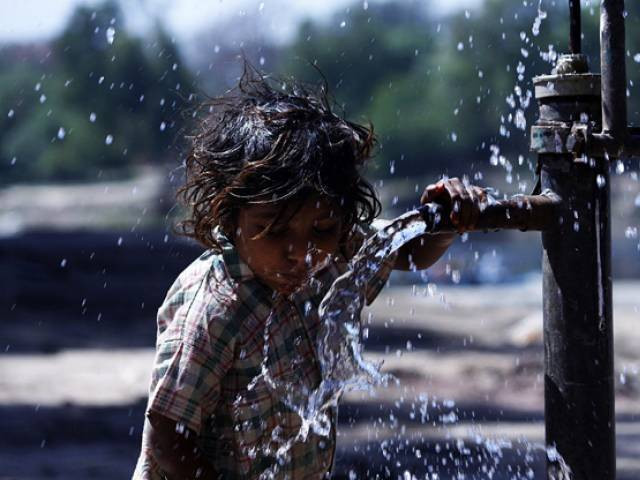First centre for water research, training opens in capital
South Korea-funded institute will build capacity of students, organisations and researchers

South Korea-funded institute will build capacity of students, organisations and researchers. PHOTO: FILE
The Pakistan-Korea National Capacity Building Institute (NCBI), established at the Pakistan Council of Research in Water Resources (PCRWR), was jointly inaugurated by the Minister of State for Science and Technology Mir Dostain Khan Domki and Korean Ambassador Jin-Wook Kim on Wednesday.
The project has been completed with grant-in-aid from the Korean government worth Rs258 million.
While sharing details of the project, PCRWR National Water Quality Laboratory (NWQL) Director General Dr Lubna Bukhari said that this was the first time that an institute meant for building capacity of students, organizations and researchers working on water had been established in the country.
The project, she said, will focus on training and research on water quality, management, conservation among other related issues.
Dr Bukhari added that apart from specific aids, the NCBI will also offer diploma courses. Later, once the centre develops and acquires the necessary certification meeting minimum criterion, it will deliberate on offering full-fledged degree courses.
The institute is equipped with a host of equipment and facilities for training and research.
Moreover, the Korean government trained local professionals who will be serving at the institute. A course on “Water Management in Barani Areas” has also commenced at the NCBI.
Earlier while addressing the inaugural ceremony, Science and Technology Ministry Secretary Yasmin Masood emphasised that the importance of water was beyond doubt.
“However, its adequate availability is under pressure due to rapid population growth, urbanisation, industrialisation and climate change impacts and faces multiple challenges,” she said.
Masood emphasised on taking innovative approaches while employing latest technologies for solving water-related problems of locals.
Kim said it the development of human resource for boosting the economic growth was critical. He assured the continued assistance of Korea for Pakistan.
Published in The Express Tribune, October 26th, 2017.



















COMMENTS
Comments are moderated and generally will be posted if they are on-topic and not abusive.
For more information, please see our Comments FAQ